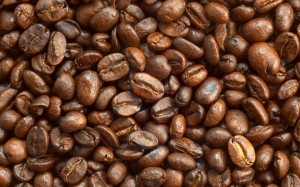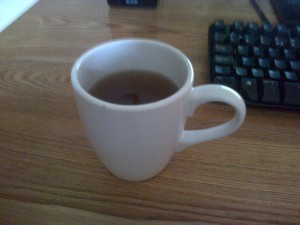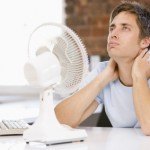But a couple of days ago I saw something which I though might be of genuine interest to our readers. Before I begin a couple of points of disclosure. Firstly I’ma major league coffee fan. (Espresso since you ask and we even have our own machine which makes if from the beans). Secondly the information presented below comes from a coffee industry body called the Institute for Scientific Information on Coffee.
So it turns out that in 2011 an academic paper entitled “Coffee, Caffeine, and Risk of Hospitalization for Arrhythmias ” by AL Klatsky (among others) was published which a”failed to detect any increased risk of arrhythmia in relation to caffeine intake. In fact, a small yet significant risk reduction was found in this study for arrhythmias among coffee drinkers. ”
Which in layperson’s terms mean that coffee may not be as bad for the heart as was previously thought.
So what actually is Arrhythmia?
Arrhythmia is an alteration in the rate or rhythm of the heartbeat. The most common types of arrhythmia are as follows:
• Atrial Fibrillation: The heart contracts at a very high rate and in an irregular way. is the most common cardiac arrhythmia, occurring in 1-2% of the general population. Overall, more than 6 million Europeans suffer from AF and its prevalence is expected to increase more than two-fold over the next 50 years. This is significant when at least 1% of the annual healthcare budget of Western European countries is spent on the management of AF.
• Bradycardia: The heart beats more slowly than normal
• Ventricular Fibrillation: A rapid and disorganised rhythm of heartbeats
• Supraventricular Tachycardia: A heart rhythm disorder with periods of abnormally fast heart rate
Most incidences of arrhythmia are harmless. However, arrhythmia can occasionally be more serious as the
heart may not be able to pump enough blood to the body, limiting oxygen and nutrient supply to the tissues around the body.
It has been suggested that 3-5 cups a day can play its part in a healthy diet.




